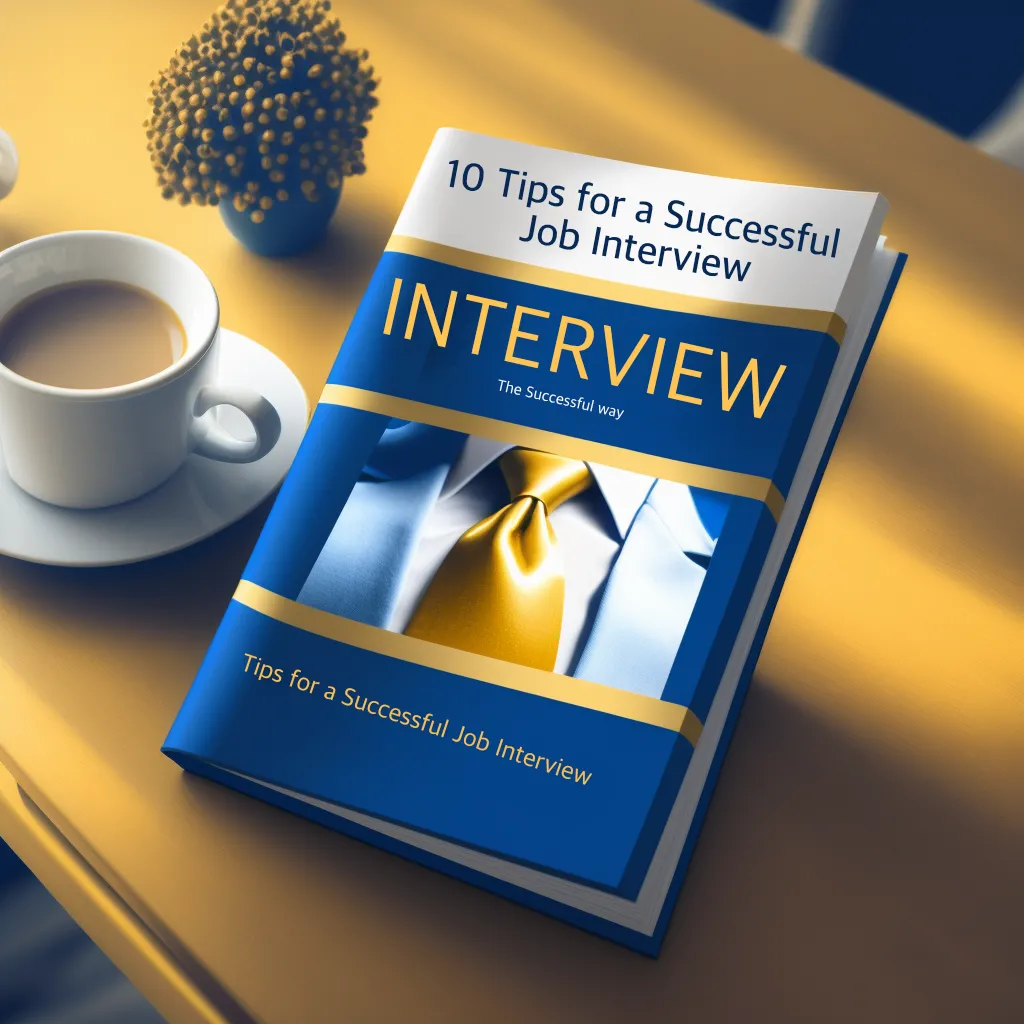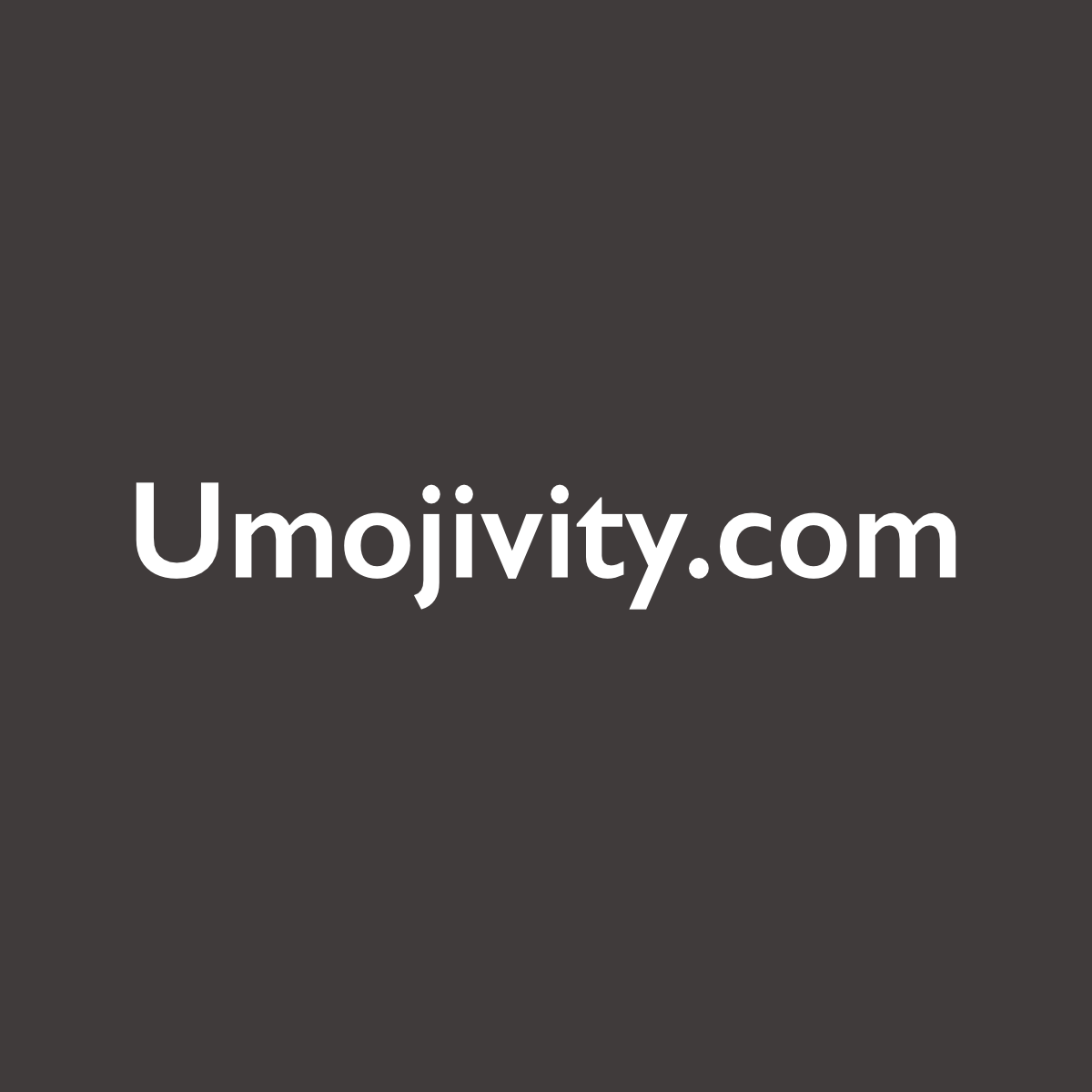
10 Tips for a Successful Job Interview
1. Research the company beforehand. Learn as much as possible about the company you're interviewing with, its mission, values, and recent news.
Before going to an interview, it is essential to research the company to get a clear idea of its culture, values, and mission. Analyzing the company can help you understand its goals and objectives, which can help you tailor your responses to the interview questions. You can use various resources, such as the company website, social media pages, and LinkedIn profiles of the company's employees.
2. Practice your responses to common interview questions. Rehearse your responses to questions like "Tell me about yourself" and "Why do you want to work for this company?"
Rehearsing your responses to common interview questions is an effective way to prepare for an interview. You can practice your responses with a friend or family member, record yourself speaking, or use online resources to get feedback on your answers. You can also prepare examples highlighting your skills, achievements, and experiences related to the position you are interviewing for.
3. Dress appropriately. Make sure you dress professionally and appropriately for the company culture.
Dressing appropriately for an interview is crucial to make an excellent first impression. The dress code for an interview can vary depending on the company's culture and industry. You can research the company's dress code before the interview or ask the recruiter about it. Wearing clean, ironed, and well-fitting clothes can help you look professional and polished.
4. Arrive early. Arrive at least 10-15 minutes before your scheduled interview time.
Arriving early for an interview shows that you are punctual and reliable. You can use the extra time to calm your nerves, review your notes, and get familiar with the interview location. Arriving late for an interview can create a negative impression and may result in the interview being rescheduled or canceled.
5. Bring extra copies of your resume. Bring multiple copies of your resume, a pen, and a notepad to take notes.
Bringing extra copies of your resume can help you stay organized during the interview. You can provide a copy to the interviewer, reference it while answering questions, or hand it over to other interview panel members. Bringing a notepad and pen can help you take notes during the interview and remember important details.
6. Be mindful of your body language. Maintain eye contact, sit up straight, and avoid fidgeting or slouching.
Body language plays a vital role in communication and can convey your confidence, interest, and professionalism. Maintaining eye contact, sitting up straight, and avoiding fidgeting or slouching can help you appear engaged and interested in the conversation. A firm handshake, smiling, and nodding can also convey a positive attitude.
7. Listen carefully to the interviewer's questions. Make sure you understand the question before answering, and take time to think through your response.
Listening carefully to the interviewer's questions is crucial to understand their expectations and to provide relevant responses. You can ask the interviewer to repeat or rephrase the question if you do not understand it. Taking a moment to think before responding can help you provide a thoughtful and relevant answer.
8. Ask thoughtful questions. Prepare a list of questions for the interviewer that show your interest in the company and the role.
Asking thoughtful questions can show your interest in the company and the position. You can prepare a list of questions before the interview, such as the company's growth plans, training and development opportunities, or the position's day-to-day responsibilities. Asking questions can also help you evaluate if the company and the role align with your career goals and values.
9. Follow up with a thank you email. Send a thank you email to the interviewer within 24 hours of the interview.
Sending a thank-you email after an interview can help you stand out from other candidates and express your gratitude for the opportunity. You can thank the interviewer for their time, reiterate your interest in the position, and highlight your skills and experiences. A thank-you email can also serve as a reminder of your candidacy and keep you on the interviewer's radar.
10. Be confident and stay positive. Believe in yourself and your abilities, and stay positive throughout the interview.
Being confident and staying positive throughout the interview process can help you project a professional and competent image. Believing in yourself and your abilities can help you overcome nervousness and perform well during the interview. Staying positive can also help you handle unexpected questions or challenges.




